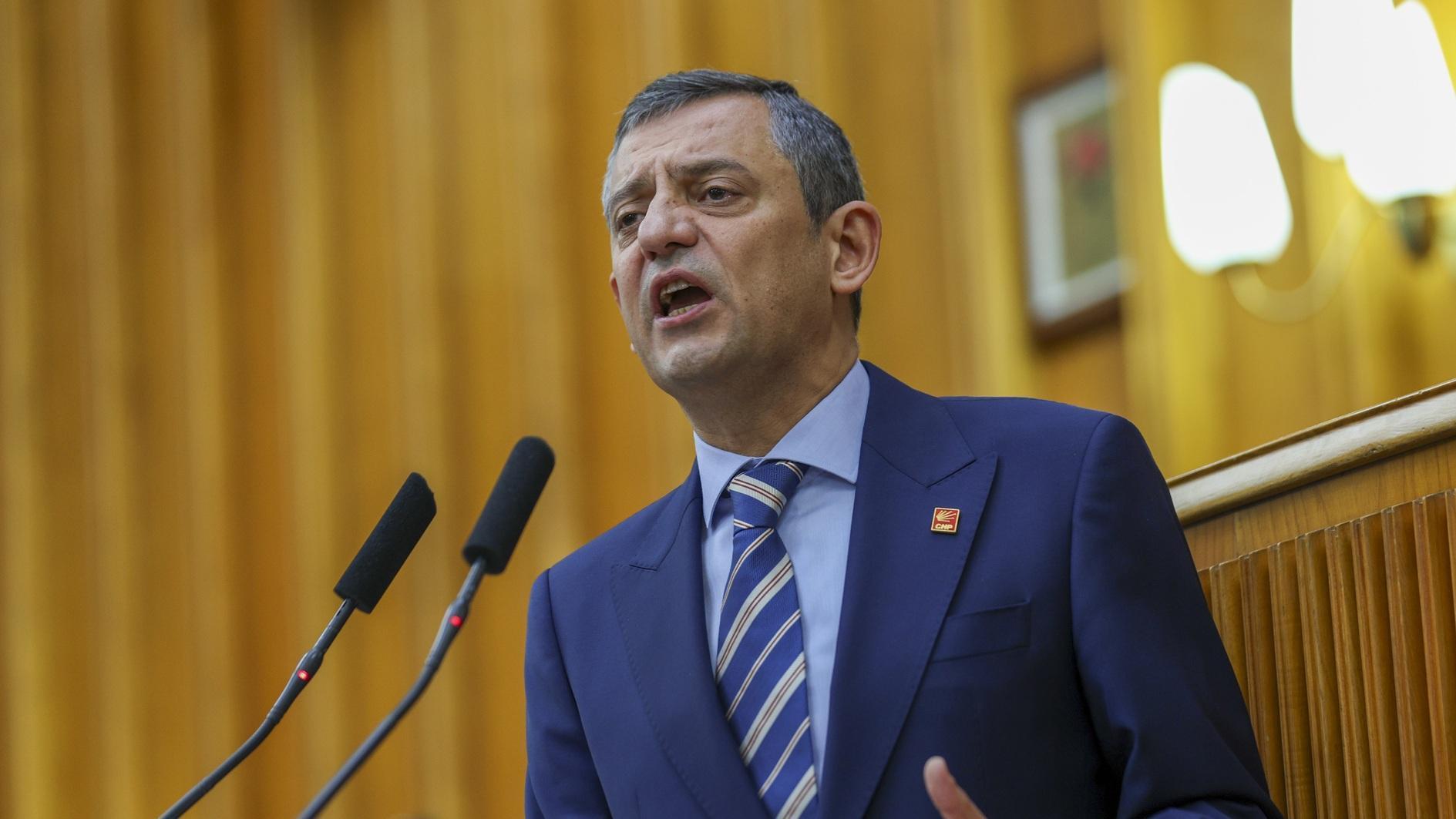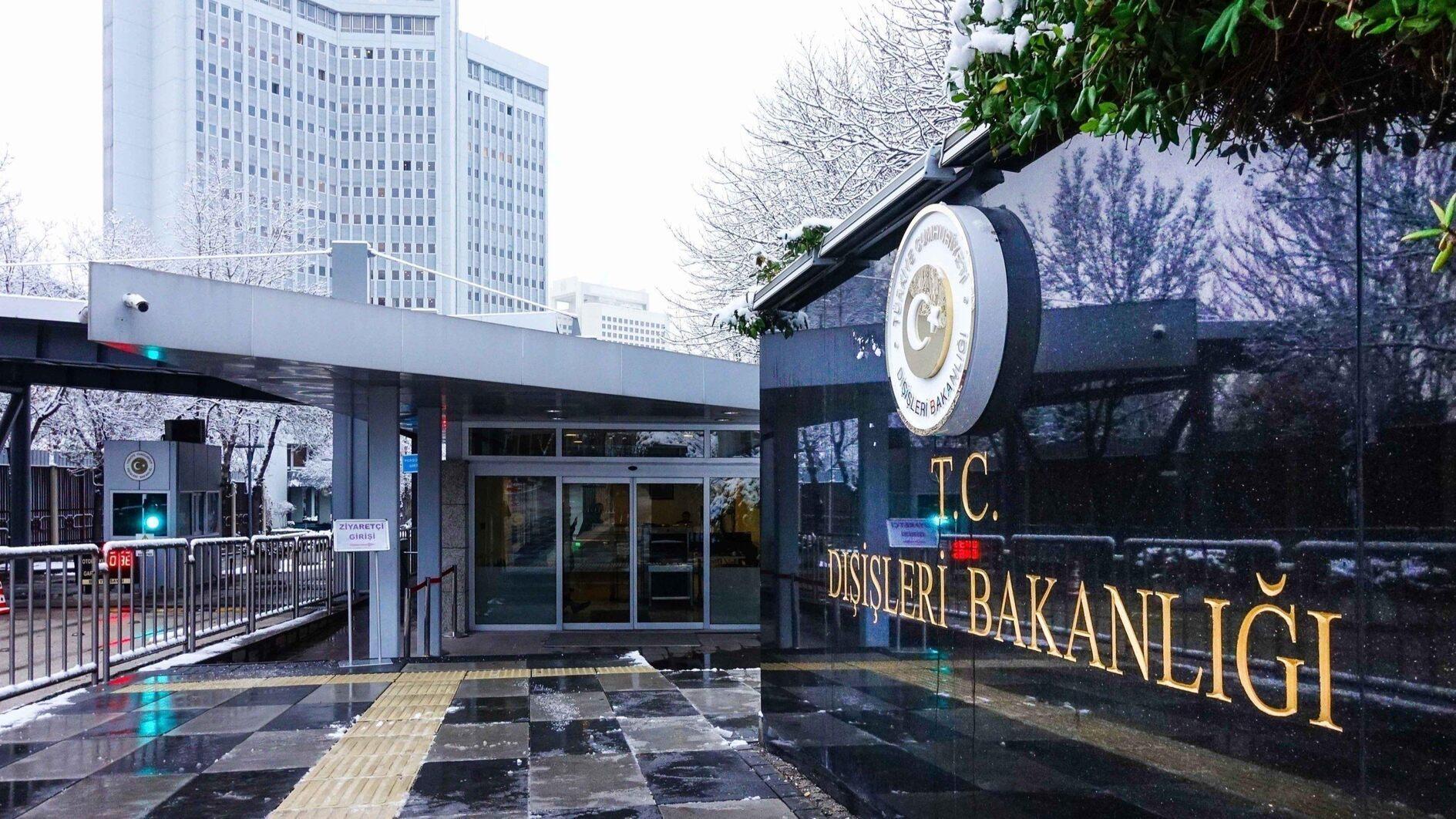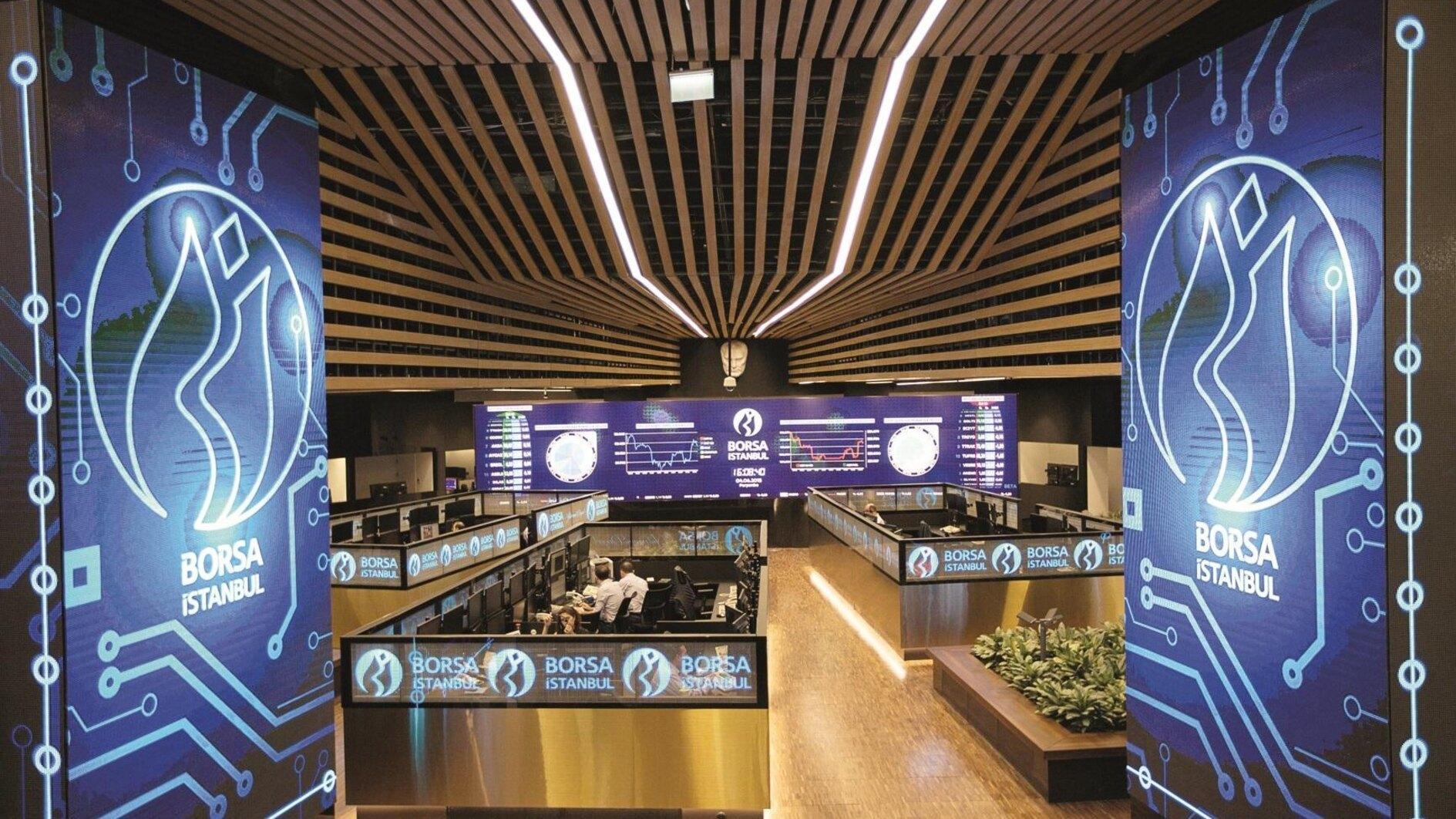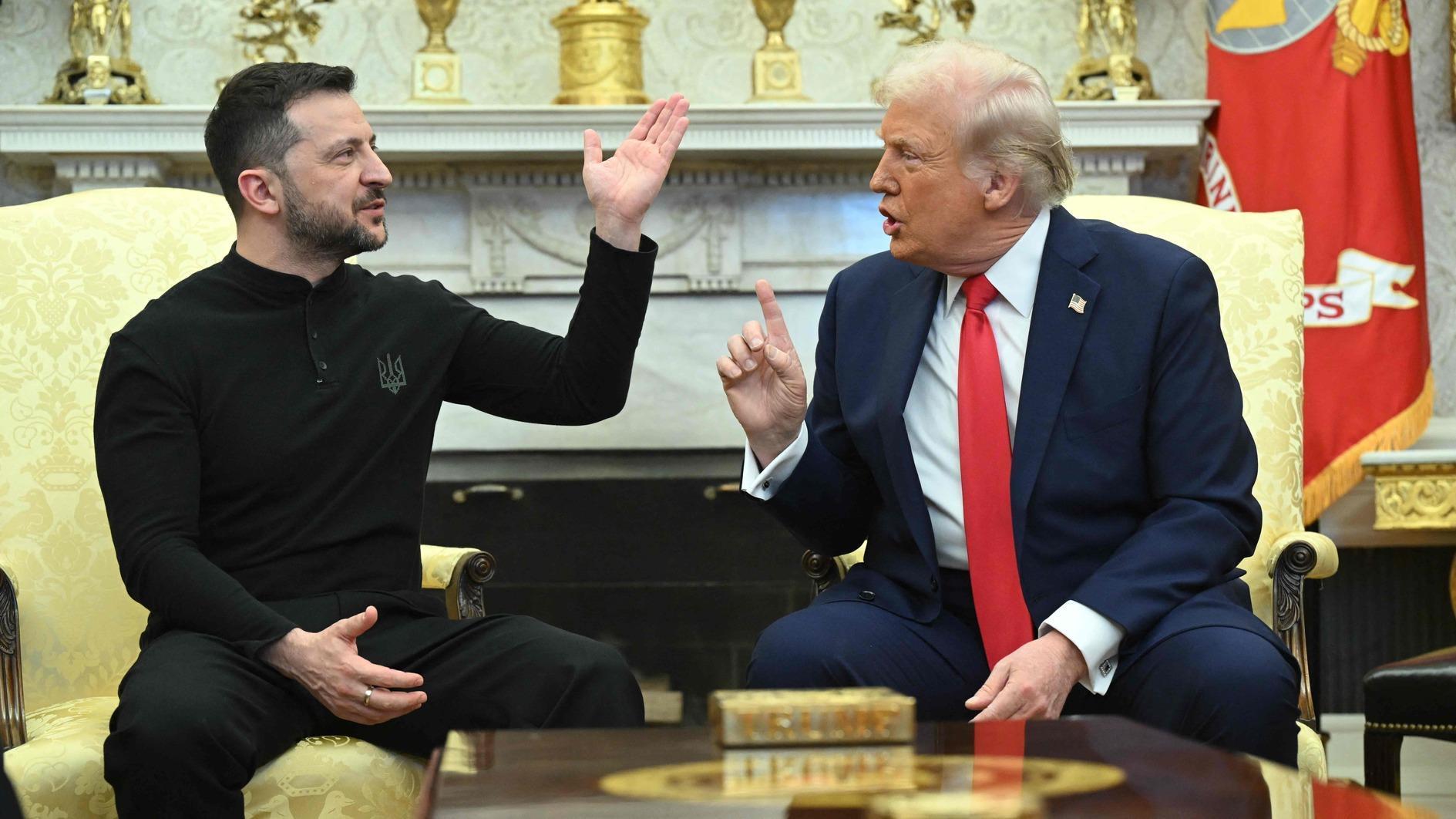Turkey, Greece should not lose momentum for reconciliation
A window of opportunity between Turkey and Greece to de-escalate tensions in the eastern Mediterranean and reconcile their relations opened last December. Turkey has withdrawn its Oruç Reis and Barbaros Hayreddin Paşa research vessels from the disputed waters, while the EU has outlined a positive agenda to improve ties with Turkey.
In late January, after a five-year hiatus, Turkey and Greece resumed what they call the “exploratory talks” in Istanbul to discuss the problems that stem from the Aegean Sea and the Mediterranean. Apart from senior diplomats from the two sides, President Recep Tayyip Erdoğan’s chief foreign policy adviser and spokesman, İbrahim Kalın, also attended the meeting, indicating the importance attached to the process by Turkey.
Honestly speaking, neither side is hopeful that these talks – now called the advisory talks - will yield any results in terms of resolving the problems over the overlapping continental shelf, territorial waters and air space disputes. However, these talks were required to take place with hopes that they will be followed further by political consultations, technical discussions for confidence-building measures, and high-level contacts between the Turkish and Greek leadership.
The resumption of these talks has already received support from the European Union, NATO and the United States, who have long been calling both sides to take steps to avoid tensions in the region
This reconciliation process is expected to continue with a reciprocal visit of the Turkish delegation to Athens for the continuation of the advisory talks. The Greek side has reportedly submitted alternative dates for the meeting, but Ankara has not replied to it yet.
But what’s more concerning is the increased inflammatory rhetoric from the two sides. Greek Prime Minister Kyriakos Mitsotakis’ visit to Greek Cyprus and President Recep Tayyip Erdoğan’s harsh reaction against the Greek prime minister’s accusations was unfortunately not an isolated incident. Another concerning development is the fact that both sides have recently increased their military mobilization in the Aegean Sea through announced military drills. As seen in the past, this mobility can create unwanted consequences in the form of dogfighting and tension between naval forces. Plus, they can hamper the political efforts to mend ties.
It has almost been a month since Turkey and Greece held the exploratory talks and there is one more month to go for the EU Council meeting. Plus, there are also preparations being made for a 5+1 meeting on the Cyprus issue, either in March or April.
At this very critical period, it’s important for Turkey and Greece not to lose the momentum for their reconciliatory efforts and to stay away from escalatory moves in the Aegean Sea and megaphone diplomacy.











